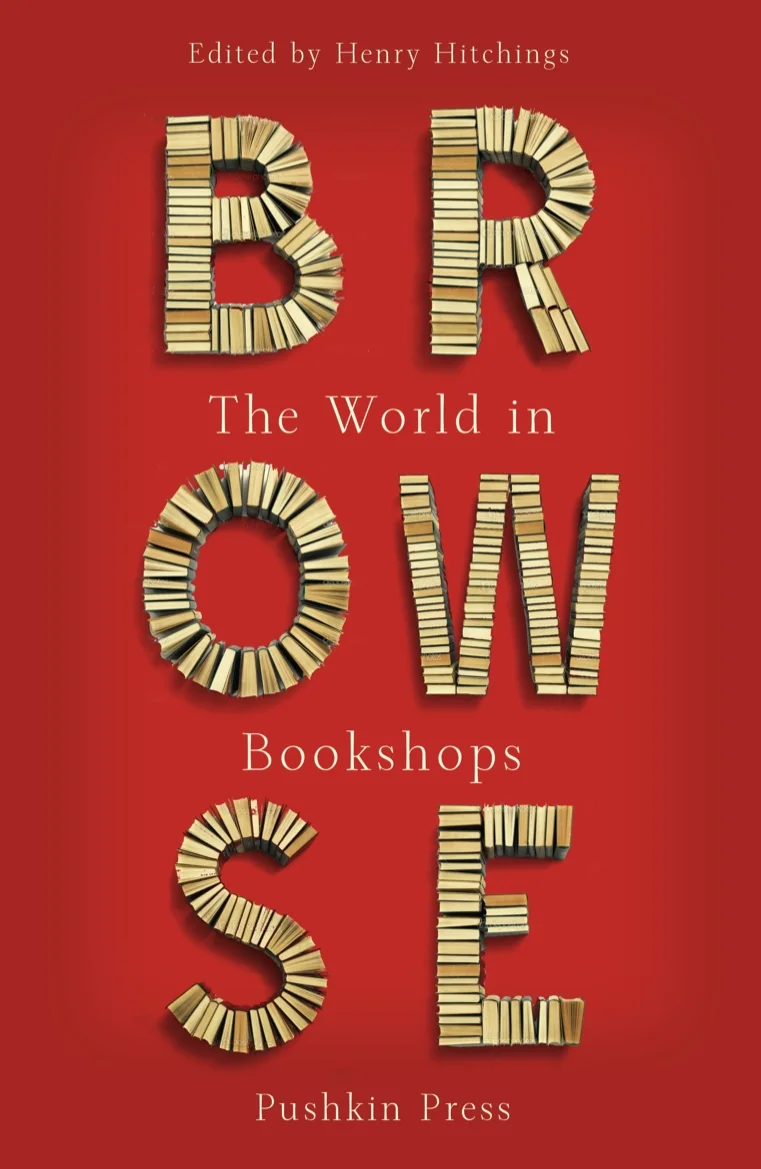Stephen King again? I do seem to feature him a disproportionate amount, but this time with good reason. My friend and now colleague Jeff Garvin and I have launched a podcast, the first episode of which is now available on iTunes, Stitcher, or directly on our website. This is the special project I teased in my July article about The Writer's Journey and I am relieved that it is no longer a secret. As hosts of The Hero's Journey Podcast, Jeff and I will examine classic and contemporary literature and cinema through the lens of Joseph Campbell's The Hero's Journey and using Christopher Vogler's The Writer's Journey as the modern guide. It has been a challenging and exciting and, as we raced toward release day, terrifying project. The podcast is all about the common elements of the path the hero takes in almost every story. Episode 0 introduces the concept of the project using examples from Star Wars and Harry Potter, but our first official episode focuses on the Stephen King novella "Rita Hayworth and Shawshank Redemption" which was published in 1982 in the collection Different Seasons. We also cite Frank Darabont's wonderful film adaptation The Shawshank Redemption.
For the project, we tasked ourselves only with reading the first story, but I enjoyed it so much that I just kept going and in short order, reached the last page of the entire book. I had not intended to write a blog entry about just the one story, but since I ended up reading all four of them, I figure I might as well exercise the writing muscles once again. So here are my brief thoughts on the lovely Different Seasons.
Hope Springs Eternal
"Rita Hayworth and Shawshank Redemption" is just the first of four novellas in the Different Seasons collection. It is worth noting that none of the stories in this early Stephen King work are horror stories, proving once again that the man is not just a horror writer. After reading this novella, I was surprised at how lukewarm I felt about it. This is one of those rare instances where the film is better than the source material. King's story is good, but the Frank Darabont film elevates the story and the characters to a much higher level. I have seen the film a dozen times or more and rank it among one of the best films ever made so I am sure I am being unfair to the novella. It is difficult to be objective in this situation. Much of the film's script is a verbatim transcription of the novella so much of that wonderful dialogue is credited to Mr. King, but Darabont's script includes significant changes that tighten things up. Byron Hadley, the cruel captain of the guards, plays a much smaller role in the novella, but the film turns him into a major adversary to great effect. Similarly, the warden Norton is just one of four wardens who run the prison throughout the novella, but the film conflates those into one superb villain played by Bob Gunton in the film. Because the novella has so many wardens, their impact feels minimal and maybe that was intentional on King's part. The prison staff comes and goes, but the inmates remain for the long haul. The film needed a Darth Vader so creating one single warden who antagonizes the inmates from the beginning was an excellent choice. If we are going to side with convicts, we have to hate the man who rules them. For the most part though, if you've seen the film, the novella will not present any surprises. It is still well worth reading.
Summer of Corruption
Following "Rita Hayworth and Shawshank Redemption" is "Apt Pupil". Usual Suspects director Bryan Singer followed up his stellar debut feature film with an adaptation of this novella. It was not received nearly as well as his crime drama and I am sorry to say I have little memory of the film Apt Pupil. This novella, on the other hand, is outstanding and would be my favorite of the collection were it not for the story that follows it. A chilling examination of sociopathy, "Apt Pupil" tells the story of Todd Bowden, a bright, All-American thirteen year old boy who has discovered that a former Nazi officer is living in his neighborhood. Todd is fascinated by the atrocities committed by the Nazis on the Jewish people during World War II and wants to hear the stories directly from someone who personally committed those atrocities. This is not just youthful curiosity, however. Todd derives a sick pleasure from these stories and soon embarks on a path of atrocities all his own. The story is frightening in its plausibility. Todd and Herr Dussander are loathsome characters and I found myself reading voraciously, hoping they would both suffer justice. A brilliant story and one of the best of the collection.
Fall from Innocence
The third story in the collection is "The Body", the inspiration for the 1986 Rob Reiner film Stand By Me, which had a profound effect on me in my formative years. The film is good, but the novella is stellar. Like the previous story, the film version is nearly identical to its source material, but in this case, the source material is the better experience. "The Body" is the story of four young friends who set out to find the body of a boy who had recently gone missing. If you have seen the film, you know that the story is not about the dead boy. The journey is greater than the destination here and the boys' experiences during their search and how those experiences impact the boys' friendship are the true subject of the story. I saw the film at a young age, roughly the same age of the boys in the film, and now I read the novella with a sense of nostalgia and longing, just as it is written by adult Gordie. This is my favorite of the four novellas in the collection.
A Winter's Tale
In the final novella, "The Breathing Method", a is invited by a partner at his firm to join an exclusive club. The club's headquarters has a large, stone hearth with a roaring fire, an extensive library with mysterious books of which he has never heard, a butler who speaks little but always has a glass of scotch ready when you need it, secret rooms with tiny doors. Each Christmas, one member of the club tells a story by the fire. This year, a retired doctor tells a tale of his younger years when his medical practice was new. An unmarried woman seeks prenatal care, socially frowned upon at that period of time, but the doctor agrees to treat her. What begins as a mundane story about the relationship between a young doctor and his patient during her pregnancy ends with a supernatural twist. This is definitely the strangest and most disjointed of the four novellas. So much time is spent on the man joining the club and his odd experiences within that I thought this was his tale, but all of that just serves as a conduit to transport us to the point where he hears the aging doctor tell his story. The real story is about and by the doctor so I wonder why King did not just start the story with him rather than insert him into this other strange tale that does not actually go anywhere. As good as "The Breathing Method" is, it is my least favorite, a statement that meant to elevate the other three stories rather than demean this one.
What struck me with this collection is how each novella featured literature and storytelling as a part of its narrative. In "Rita Hayworth and Shawshank Redemption", the story is a journal written by Red and Andy spends considerable effort to expand the prison library. In "Apt Pupil", Todd tells his parents he is reading classic literature to the sweet old man down the road. "The Body" is a story written by an adult Gordie who has matured to become a published author and within the novella are shorter stories written by a younger Gordie. In "The Breathing Method", the club members tell stories to each other when they are not reading from the club's extensive library. Books and writing are often a feature of Stephen King's novels. Misery is about a famous author held captive by his "number one fan". The Dark Half is about an author who disposes of his literary pseudonym in a mock burial only to have the alter ego manifest itself as a physical being and terrorize the author and his family. This was a cheeky meta novel written after King was exposed as the true talent behind the pseudonym Richard Bachman. The Shining and Bag of Bones also feature authors as the central character. King's love of reading and writing is all too apparent throughout his body of work and it is difficult to resist being infected by it. Why would I want to resist anyway? This is one infection I will happily host and spread.










